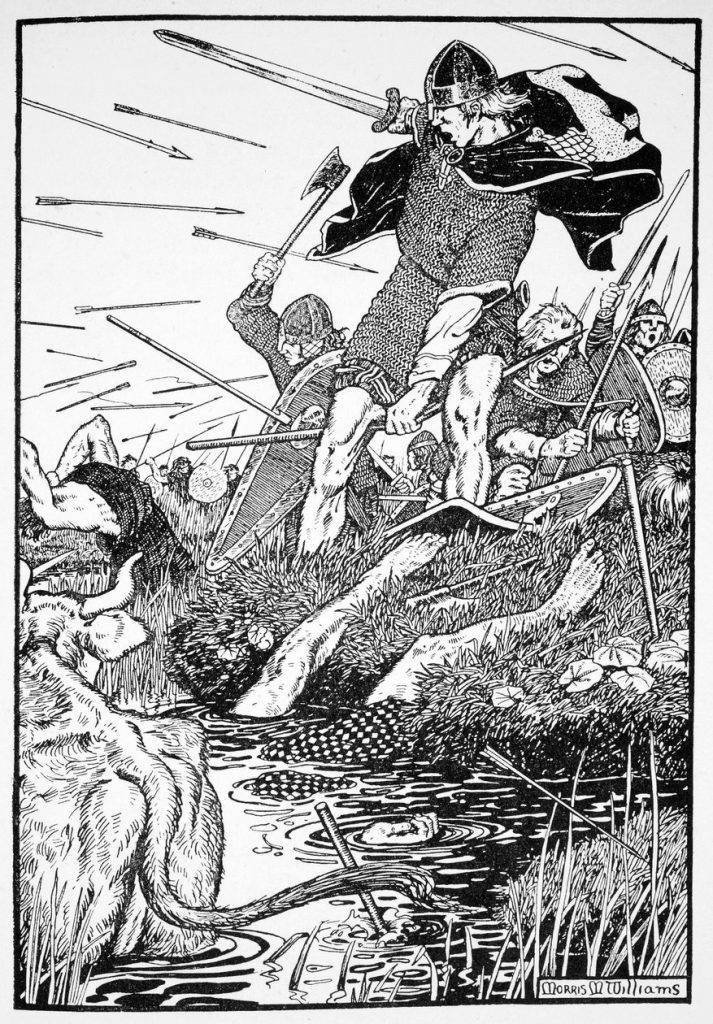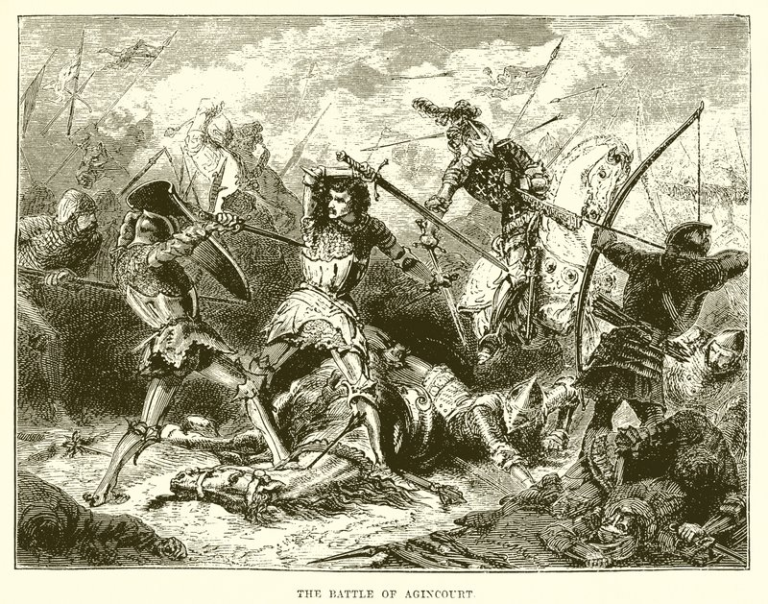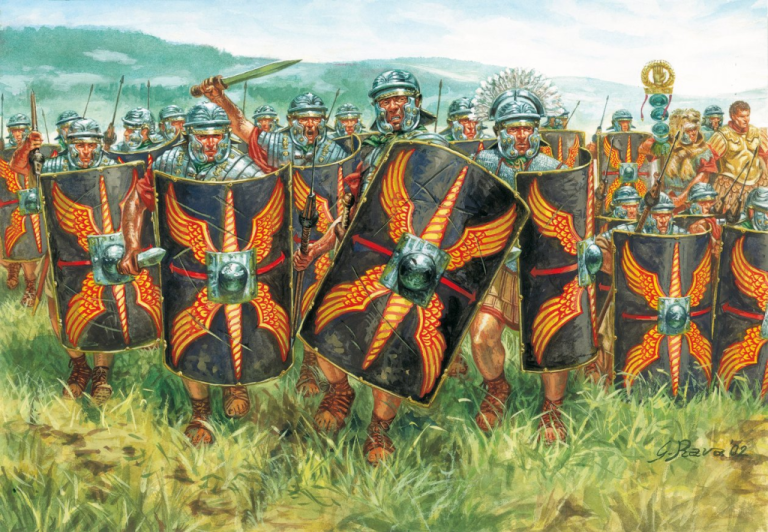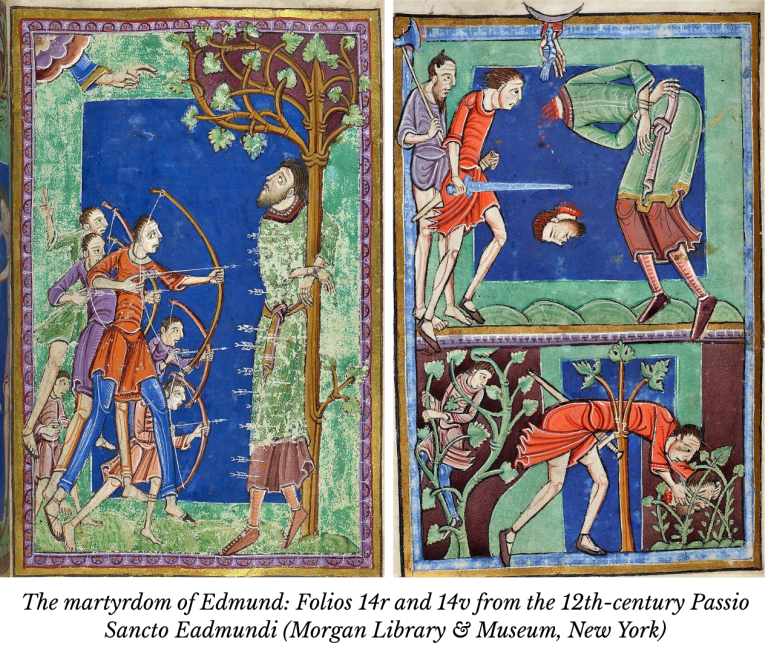
Wind comes off the Irish Sea with a brisk salt that pricks the lip and lifts the gull-cry over the lough, and the ground in Down remembers. The turf keeps a grain of hoof and boot, a thin echo of rivet and ring, a smear of iron where a spear kissed air and then rib. That shore speaks in two voices at once: a skald’s bright song of a king who answered with steel, and a colder whisper carried through rush and reed of a bargain strained to breaking, of a hand offered and a knife palmed beneath the cloak. Both voices meet in a single summer day in the year 1103, when the green of Ulaid watched a sea-king measure his fate with the length of a stride.
Magnus III of Norway stood inside that day’s light as if born from it. The Irish and the Scots named him Barelegs—Magnus berfœttr—because he wore the short Gaelic tunic, shins bright to the weather, a style chosen like a pennant of kinship with the western isles. He carried more than the repute of a raider. He moved as the last great sea-king in a lineage that had sounded every firth and sound from the Skagerrak to Dublin Bay. He held Norway by right, and the Orkneys by habit, and the Hebrides, Man, and the long Norse ward of Áth Cliath. He charted the Irish Sea like a private court and ruled its islands as beads of a single rosary threaded by hulls and oars. His wake drew allies and rivals in equal measure, and his name fitted the game of Irish kingship like a key that opens two doors.
Magnus made and unmade thrones. In the years before his death he cut a pact with Muirchertach Ua Briain of Munster, High King in claim and in will, who met resistance along the northern rim where Domnall Ua Lochlainn and the Uí Néill gathered their strength. Together, the sea-king and the high king formed a joined instrument: timber, sinew, sail, and horse; Norse oars and Irish spears; a pair whose aim bent toward mastery over all the island’s crowns. The bargain spoke with crisp clarity: the fleets of Norway would carry Muirchertach through the choke-points of opposition until one voice answered for Ireland entire; in return, Magnus would receive open acknowledgement of his overlordship in the Isles and the Hiberno-Norse gates, Dublin most of all.



